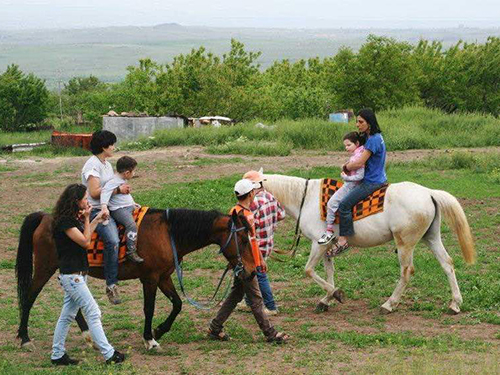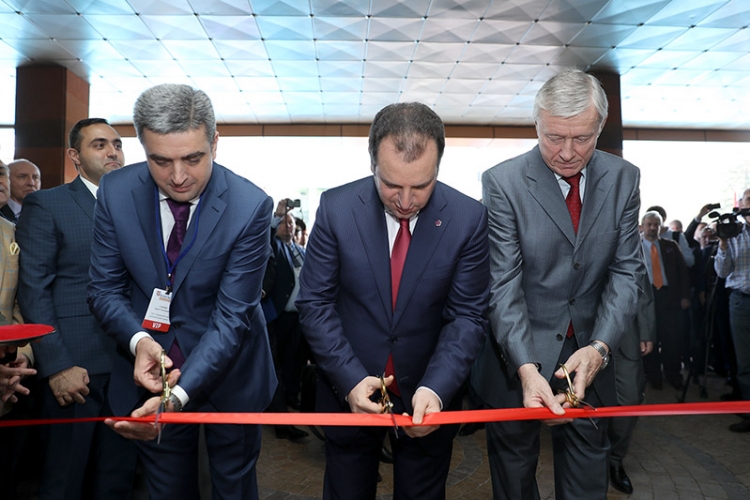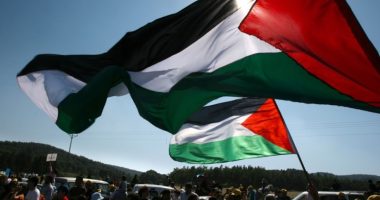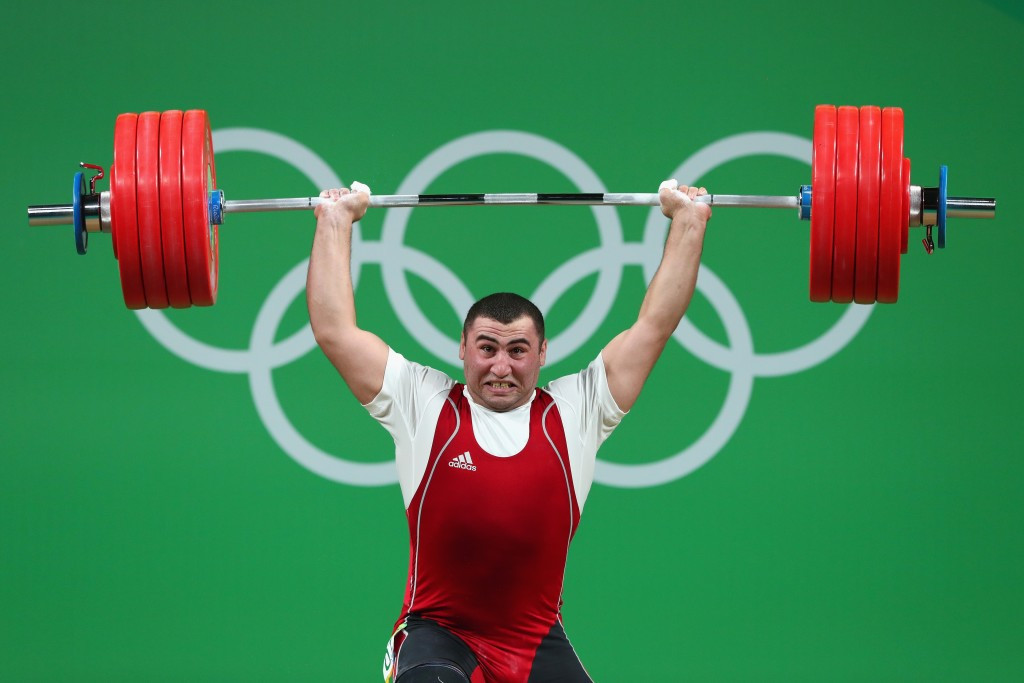MOSCOW (Combined Sources) — Moscow considers that the most important at this point is to prevent any violation of the ceasefire regime along the Nagorno Karabakh line of contact by working out practical mechanisms, Russian Foreign Minister Sergey Lavrov said in an interview with RIA Novosti.
“Of course, the most important thing now is to avoid any new casualties, prevent any ceasefire violations and develop effective measures and mechanism for that5,” he said.
Lavrov said Russia is trying to organize renewed Armenian-Azerbaijani negotiations. “We plan [peace talks on Karabakh] because the matter requires utmost attention,” Lavrov said. “I think that we will work out the first contact soon.”
The talks will involve the warring sides as well the U.S., Russian and French mediators, he added without specifying possible dates or giving other details.
Lavrov told RIA Novosti that despite the heightened tensions Moscow also hopes to revive the difficult search for a compromise solution to the Karabakh conflict. “Obviously, things should calm down now,” he said. “But there is no alternative to the political process and settlement.”
“There are known ideas that were discussed by the parties,” Lavrov went on. “I remain convinced that it is difficult but possible to formalize them into documents that would be acceptable to all parties.”
According to the Russian Foreign Minister, the Presidents of Armenia and Azerbaijan agreed on this some five years ago, when they met at the initiative of then President Dmitry Medvedev.
“They spoke for creation of a mechanism for investigation of border incidents and confidence-building measures. The OSCE was tasked with addressing the issue, but, unfortunately, no developments followed. We want the parties to return to that, the OSCE German presidency is also interested in intensifying its role and we welcome this willingness,” Lavrov said.
Armenia made clear that it will not negotiate with Azerbaijan unless the latter agrees to the confidence-building measures. The most important of them is the idea of international investigations of armed incidents along the Karabakh “line of contact” and the Armenian-Azerbaijani border.









